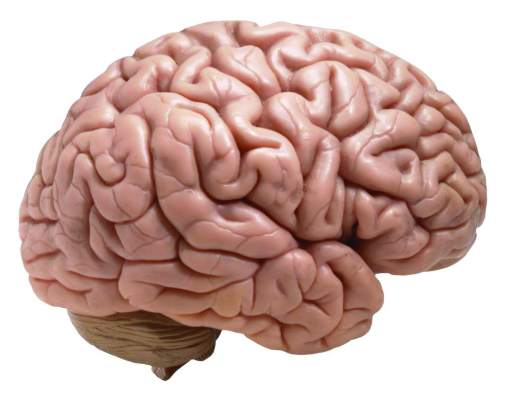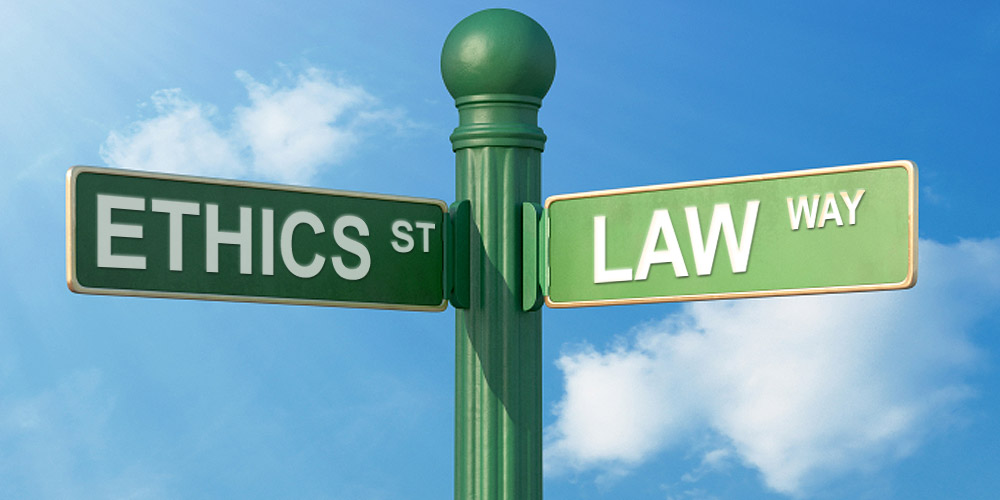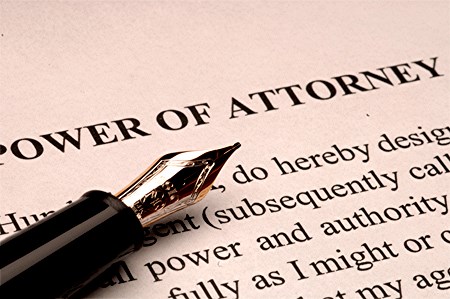Your aging parents just appointed you as their attorney-in-fact– now what? It is important to keep in mind a few simple rules to stay within the bounds of the law. Rule #1: Act in the principal’s best interests. The principal is the person that appoints the attorney-in-fact and specifies the financial authority they possess. Acting in the principal’s best interest is the golden rule of being an attorney-in-fact. For every situation in which you may exercise your rights in that capacity, ask yourself these three (3) questions: Is taking this action in the best interest of the…
-
-
Legal Standing: As Illustrated by an Indonesian Monkey Named Naruto
To bring a lawsuit in the United States, one must have “standing.” This legal principle essentially requires the person or company filing a lawsuit have an interest in a dispute. That interest could involve a piece of property subject to an easement, a Constitutional right, or an injury suffered at the fault of another. In an ongoing U.S. Court of Appeals case nicknamed the “monkey selfie” case, defense attorney Andrew Dhuey argues a monkey cannot satisfy the requirement of standing, saying, “monkey see, monkey sue is not good law – at least not in the Ninth Circuit.” Despite the fact that the case was dubbed…
-
Eight Questions and Answers about Fiduciary Litigation
What is fiduciary litigation? Fiduciary litigation encompasses a wide range of legal actions including, without limitation, trust and estate litigation, will contests (also referred to as caveat proceedings), breach of individual and corporate fiduciary duty claims, and guardianship proceedings. Fiduciary litigation is becoming increasingly relevant as the baby boomer generation continues to age. What is a fiduciary? A fiduciary is an individual or corporation in whom another places trust and confidence to act in their best interest. Generally speaking, a fiduciary is tasked with prudently caring for the financial assets of another. What are the types of fiduciary relationships? Relationships created by statute, such as in…
-
Four Legal Documents Dementia Patients Should Have in Place
A diagnosis of dementia, which includes Alzheimer’s disease and other memory loss and/or cognitive reasoning disorders, is potentially devastating for both the patient and their family. Following a dementia diagnosis, it is important to execute these four essential planning documents to avoid further hardship in the form of costly court battles. (1) Durable Power of Attorney – A durable power of attorney allows the diagnosed person (the “principal”) to appoint another person (the “power of attorney”) to act on the principal’s behalf if and when the principal becomes incapacitated. A power of attorney can have a wide range of authority and discretion, from paying bills to selling…
-
Basic Ethics of Representing Clients with Diminished Capacity
Representing clients with diminished capacity can present a challenge for even the most experienced attorney, and every client and every matter is different. Minors of the same age may have vastly different maturity levels and clients suffering from dementia may have varying symptoms and abilities to recall information or make informed decisions. For example, a fourteen-year-old may not be able to legally enter into a contract, but he or she is likely capable of making decisions and expressing opinions regarding with which parent he or she would like to live. In scenarios involving memory loss, a client may exhibit mental impairment one day and be…
-
Guardianship Proceedings in North Carolina
It is prudent to execute a healthcare and/or financial power of attorney well in advance of necessity to ensure your individual wishes are honored in the event you are unable to attend to your own needs. However, competency is required to execute a power of attorney. If you become incompetent and do not have a durable power of attorney, it will be necessary for someone to petition the court to appoint a guardian to manage your affairs. Before appointing a guardian, the court first determines whether an individual is legally incompetent. The adjudication of incompetence is heard by the clerk of court…
-
Powers of Attorney: General Considerations
While many people recognize the term “power of attorney,” most do not know how to create a valid power of attorney or choose between the various considerations. It is important to prepare safeguards to protect current and future assets long before one faces severe illness or incapacity. A power of attorney is a straightforward and relatively inexpensive document to prepare, compared to the time and expenses that may be incurred if a court is required to settle family disputes or appoint a guardian in the absence of an instructive document. Put simply, a power of attorney is a legal…





